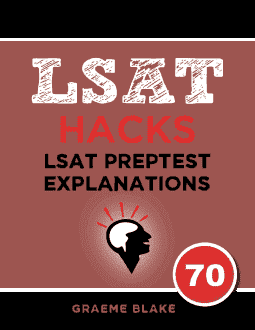DISCUSSION: As with the other specific detail questions on this passage, you can and should support the right answer using a few lines from the passage.
The wrong answers all refer to concepts out of context. They’re intended to trick you, if your understanding of the passage was incomplete.
___________
- This is very extreme. Any activity could involve a loss of human life….even getting out of bed!
The author doesn’t necessarily think that every activity must be made safer. Especially since we have a limited budget (2nd & 3rd line of the fourth paragraph). - CORRECT. The second sentence of the second paragraph supports this. Most risks are voluntary to a certain degree, including environmental risks. Presumably some environmental risks are therefore risky to a greater degree than others.
- It’s true that the author supports policy experts. The author thinks experts are right that we should focus on saving lives.
But the author doesn’t think that experts are necessarily any good at judging what is voluntary. The point of the passage is that voluntariness is not important. - The 2nd & 3rd line of the fourth paragraph says that we have limited resources. The author did not say whether those resources should be increased.
- Actually, the author spends two paragraphs trashing the beliefs of ordinary people. We ordinary folk focus on voluntariness, but voluntariness is not a useful concept. Nowhere does the author say that it’s important to listen to us regular people.


Hey! Regarding LSAT 70– Section 2, Q. 27 the author uses the term “may” in the passage, but the answer choice uses a definitive term “are”… how do we know he/she 100% agrees with the statement?
Thank you!
The author uses the term “may” to refer to certain cases, e.g. collision with an asteroid. However, they also indicate that “with most environmental, occupational, and other social risks, it’s not an all-or-nothing matter, but one of degree.” That’s a very definitive statement: some environmental risks are incurred with a greater degree of voluntariness than others. That’s why (B) is correct.